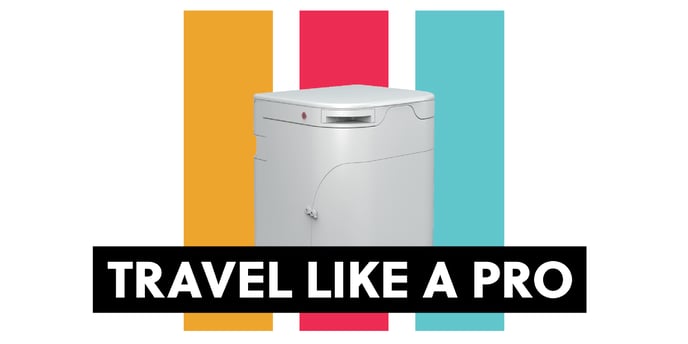Are Composting Toilets Considered a Marine Sanitation Device (MSD)
Yes. If you're outfitting a sailboat or liveaboard vessel, a compost toilet can not only save you time, but money as well.
A Quick Breakdown: What Is an MSD
MSD stands for Marine Sanitation Device. If your vessel has a toilet, federal law requires it to be an MSD of an approved type.
There are three MSD types:
-
Type I: Treats waste using maceration and chemicals, then discharges it.
-
Type II: Uses biological or aerobic treatment, then discharges a cleaner effluent.
-
Type III: Holds all waste onboard—no discharge. This includes holding tanks, incinerators, and composting toilets.
A composting toilet falls squarely into the Type III category.
From the EPA’s own site:
“Type III devices that store sewage and flushwater at ambient air pressure and temperature are not subject to formal certification by the U.S. Coast Guard... The device must be designed to prevent overboard discharge.”
Do Composting Toilets Count as a Coast Guard-Approved MSD
Yes—composting toilets meet the definition of a Type III MSD under U.S. Coast Guard and EPA guidelines. But there’s a catch: most are not formally certified by the Coast Guard.
That’s because Type III MSDs don’t require certification if they meet one basic condition:
The system must be designed to prevent overboard discharge of any sewage or sewage-derived waste.
Composting toilets operate at ambient temperature and pressure and retain both solid and liquid waste onboard. As long as the system prevents discharge into the water, it is considered compliant.
Manufacturers typically self-certify that their product meets these requirements under 33 CFR 159.12 and 159.53. So while you may not see a Coast Guard “approval” sticker, your composting toilet is still fully legal under marine sanitation laws.
What Happens at Marinas
Let’s talk real-world use. Most marinas are familiar with pump-out stations and holding tanks. Composting toilets? Less so—but they’re catching on.
Here’s what you should expect:
-
Liquid waste: Needs to be emptied into a marina restroom or appropriate facility. Never discharge into the water.
-
Solids: The compost chamber—when fully broken down—can often be disposed of with regular trash. Check the marina’s local waste policy to confirm.
-
No pump-out required: That’s one of the perks. No hoses, no backups, no marina service fees.
Pro tip: Be ready to explain your system to dock staff or curious neighbors. Clean setup and confident answers go a long way.
